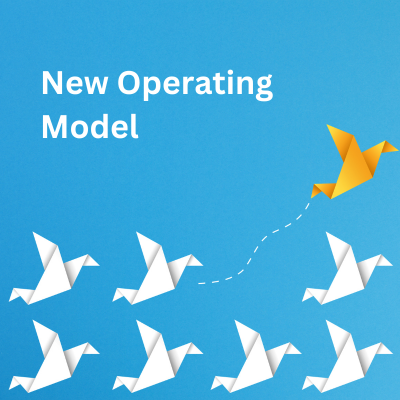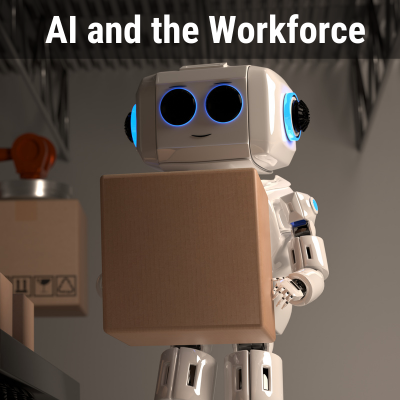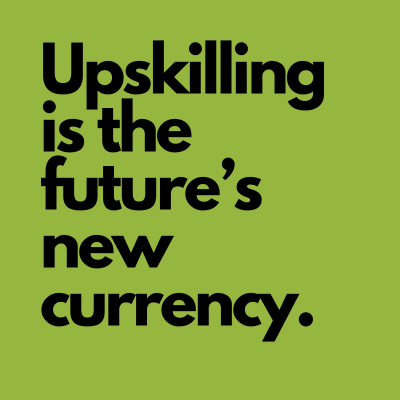The most fundamental building block of work—the job—could be hampering many organizations. Instead, many are now applying skills-based models to meet the demand for agility, agency, and equity.
Introduction
For over a century, jobs have been the dominating structure for work—defining how work is done, by whom, how it is managed and led, and how workers are supported by every HR practice, from hiring to compensation to career progression to performance management. It’s so embedded in everything companies do that people rarely stop to question it at all.
But confining work to standardized tasks done in a functional job, and then making all decisions about workers based on their job in the organizational hierarchy, hinders some of today’s most critical organizational objectives: organizational agility, growth, and innovation; diversity, inclusion, and equity; and the ability to offer a positive workforce experience for people.
In response, organizations are moving toward a whole new operating model for work and the workforce that places skills, more than jobs, at the center. One company pioneering this move is Unilever: “We’re beginning to think about each role at Unilever as a collection of skills, rather than simply a job title,” explains Anish Singh, head of HR for Unilever in Australia and New Zealand.1
According to a global Deloitte survey of more than 1,200 professionals, organizations are increasingly experimenting with what they hope is a better way. By decoupling some work from the job—either by atomizing it into projects or tasks, or broadening it so it’s focused on problems to be solved, outcomes to be achieved, or value to be created2—people can be freed from being defined by their jobs and instead be seen as whole individuals with skills and capabilities that can be fluidly deployed to work matching their interests, as well as to evolving business priorities. And by basing people decisions on skills more than jobs, organizations can still have a scalable, manageable, and more equitable way of operating. We call this new operating model for work and the workforce “the skills-based organization.”
At Unilever, for example, an internal talent marketplace enables skills to fluidly move to projects and tasks across the organization, either as a permanent employee or as a “U-Worker”: a worker who has a guaranteed minimum retainer along with a core set of benefits, and who contracts with Unilever for a series of short-term projects.3 Explains Patrick Hull, vice president of future of work at Unilever, “We just see that there’s all this opportunity that we can unlock for people that maybe we wouldn’t have been considering because, as with many organizations, we would have been more in our functional silos.” Increasingly, departmental work at Unilever is being divided into projects, tasks, and deliverables. Ultimately, Hull sees siloed departments breaking down in the future, with a more granular method of viewing employees’ contributions focused on outputs and skills rather than on years with a job title, to understand what each employee brings. “When you can get to that level of detail, you can get much more targeted in your recruitment, in your internal mobility of talent, and applying the right talent to the right tasks and projects, and thereby also accelerate business performance.”4
Continue reading full article here.
Or if you are ready to learn how Jobspeaker can help you move to a Skill-Based Hiring Approach, schedule a demo today.


